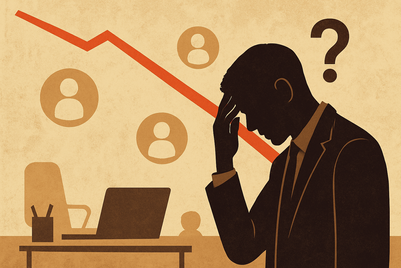
At a time when people around the world are looking to their governments to lead the way through the COVID-19 pandemic, in Japan people seem to be having some differing thoughts. A week after declaring an emergency in some areas, a survey from McCann Japan suggests that residents are instead leaning on brands and companies to devise a way out of this contagion.
When asked how much belief they have in country, companies/brands, media, and individuals respectively to act effectively or contribute to combating the virus, results showed a higher percentage had confidence in companies/brands (57.1%), versus confidence in their 'country' (53.2%).

Even though Japan suffered a body blow--and brands and advertisers rushed to recast their plans after the postponement of the Tokyo 2020 Olympics--there is little consensus on the appropriateness of the Japanese government's containment efforts. People were almost evenly spilt between under-cooking Japan's plans and being too aggressive.

Even as companies tried to put in sweeping measures to ring fence their businesses, the Japanese remained mixed about the viability of theses measures. Almost 62% of respondents overall felt cutting back on business was unnecessary, although among the younger demographic such actions appeared more justified.

In a country disreputed for its brutal work culture, enforced work from home norms is having some unexpected, yet welcome benefits. Over 43% of respondents stated that actually they felt some positive influence during this time. Key benefits included improved information literacy, work-style reform and importance of relationships with people.

For a country that is facing its second nationwide challenge in over a decade after the 2011 earthquake, the sentiment from its people appears markedly different. According to McCann's findings, the Japanese are more optimistic this time around, compared to more subdued feelings nine years ago.

|
This article is filed under... Top of the Charts: Highlights of recent and relevant research |



.jpg&h=334&w=500&q=100&v=20250320&c=1)

.jpg&h=334&w=500&q=100&v=20250320&c=1)
.jpg&h=334&w=500&q=100&v=20250320&c=1)
.jpeg&h=334&w=500&q=100&v=20250320&c=1)

.jpg&h=334&w=500&q=100&v=20250320&c=1)
.jpg&h=334&w=500&q=100&v=20250320&c=1)

.png&h=268&w=401&q=100&v=20250320&c=1)
.jpg&h=268&w=401&q=100&v=20250320&c=1)



.jpg&h=268&w=401&q=100&v=20250320&c=1)

